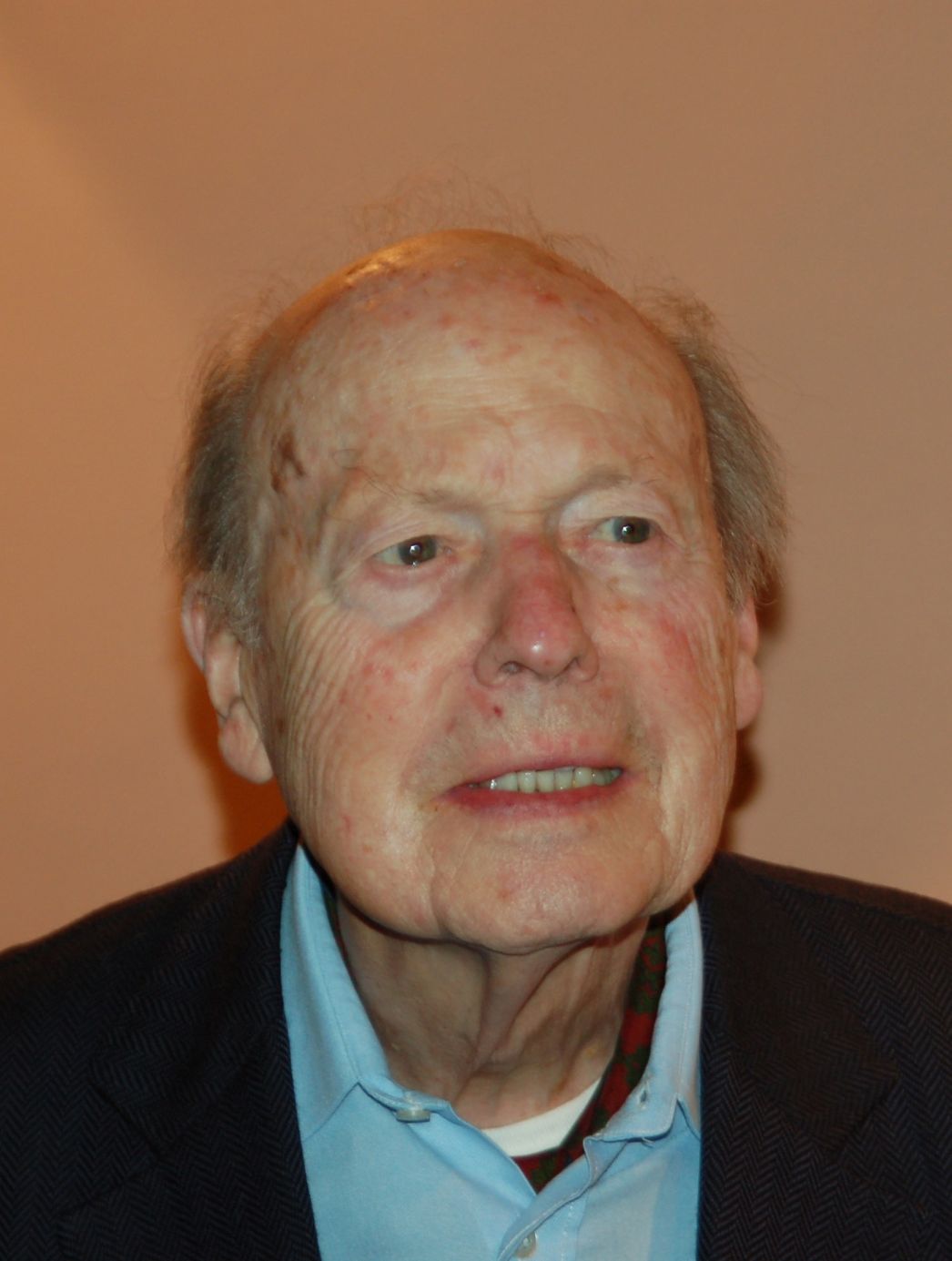
Pierre Sudreau was born in Paris on 13 May 1919. After the occupation of France by the German army he joined the Résistance, and in February 1943, along with André Boyer and Jean-Maurice Hermann, assumed command of the inter-party resistance network "Brutus". Sudreau was the commander in part of occupied France ("north zone"). Arrested at the end of 1943, he spent one and a half years in Paris prisons.
On 14 May 1944 Sudreau was deported along with other comrades of the resistance network from the Fresnes prison to Buchenwald Concentration Camp, where he was registered as a French political inmate. As the head of the "Brutus" network he was sentenced to death. Sudreau was spared execution because he managed to take on the identity of a deceased inmate in the camp. Even in Buchenwald, Sudreau remained involved in the organized resistance, and took part in
"I became a European in the camps," said Sudreau retrospectively in his speech on the occasion of the fiftieth anniversary of the liberation of Buchenwald Concentration Camp. A central issue for him was the experience of cross-national friendship and solidarity, which also included German inmates. This is how he came to know the "other Germany" alongside the Germany of the old hereditary enemy and National Socialist aggressor. Against this background, Sudreau spent his whole life working for European unification.
Just a few weeks after the liberation of Buchenwald and his return to France, Sudreau became a member of Charles de Gaulle's transitional government. Soon he had to retire from office for health reasons. In 1951 he moved to the Loire city of Blois, where he worked for four years as a prefect for the Département Loire-et-Cher. Called to Paris in 1955 as commissioner for construction and municipal planning, in 1958 he became construction minister in the second government under de Gaulle. From 1962 onward he served as head of the French Federation of the Railway Material Industry; he was the father of the French high-speed train "TGV".
Pierre Sudreau died on 22 January 2012 in Paris.


